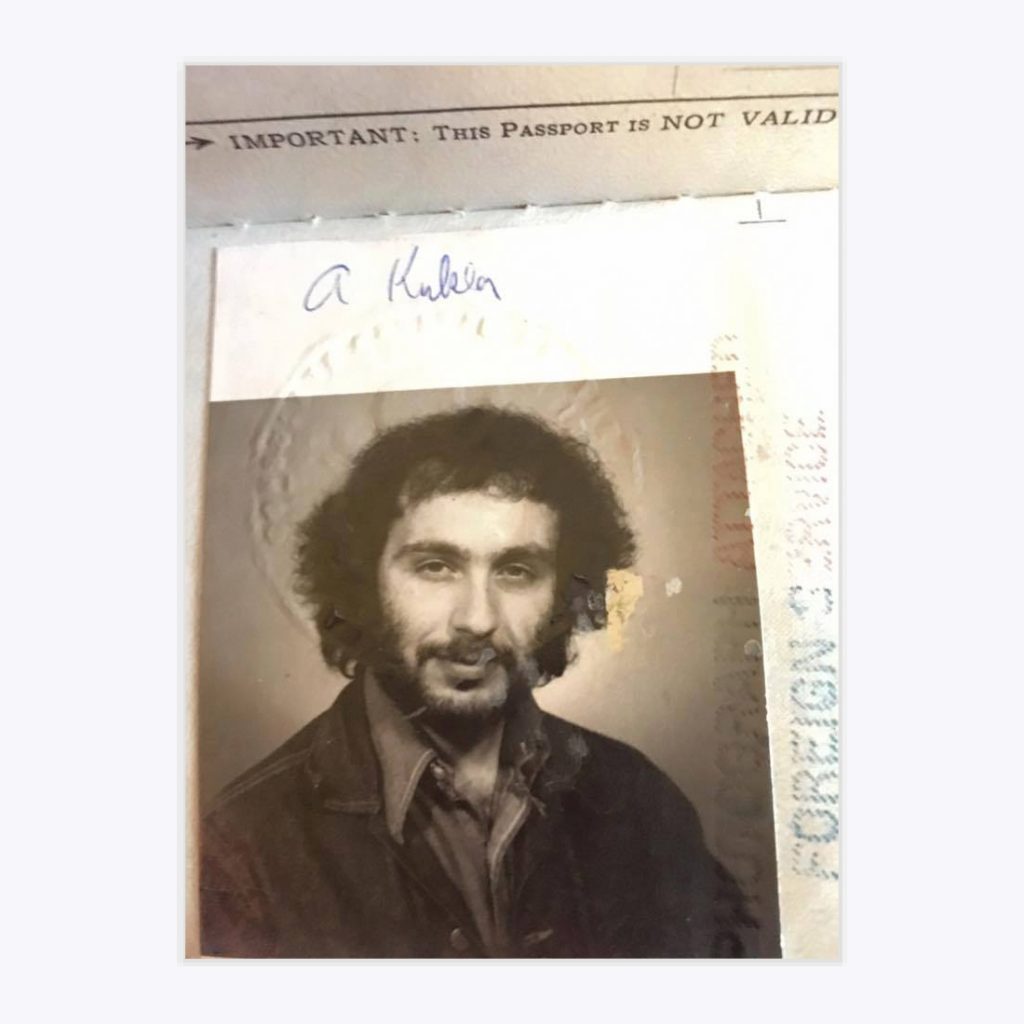André Kukla (1942-2023)
André Kukla, Professor Emeritus of Philosophy and Psychology at University of Toronto, has died.
(The following obituary was provided by Quill Kukla.)

André Kukla, Professor Emeritus of Philosophy and Psychology at University of Toronto, died peacefully in Toronto on December 14, 2023. Perhaps best-known to philosophers through his 2000 book, Social Constructivism and the Philosophy of Science, Kukla published widely in philosophy of science and philosophy of psychology, and also wrote science fiction and a successful trade book, Mental Traps: The Overthinker’s Guide to a Happier Life. An unendingly imaginative philosopher, he published books on extraterrestrial communication and on mystical ineffability, among other topics.
Born in Belgium in January, 1942, Kukla survived the Holocaust as a young Jewish child hidden in the basement of a foster family. After moving several times post-war, he ended up in Los Angeles, where he found community in high school with the children of blacklisted Jewish communists. At 16, after only a few years of formal schooling, in his fourth language, he won the Westinghouse Science Prize in the same year as Saul Kripke, and went to Cal Tech on a full scholarship to study physics. Annoyed by the single-sex environment at Cal Tech, he transferred to UCLA, where he received degrees in physics, mathematics, philosophy, and psychology. At UCLA, he worked closely with Richard Montague, Alonzo Church, Rudolph Carnap, David Kaplan, and David Lewis, as well as renowned social psychologist Bernard Weiner, and he remained interested throughout his career in applying the clarity, minimalism, and rigor of the logical positivists to unconventional topics. While writing his dissertation he moved for a while to Berkeley, where he befriended Allen Ginsburg, Timothy Leary, and Abbie Hoffman, and developed a lifelong interest in and passion for psychedelic drugs and consciousness alteration.
A vigorous and vocal opponent of the Vietnam War and all forms of US foreign intervention, Kukla chose a faculty position at University of Toronto over Yale in 1970 in order to leave the United States, after spitting when Nixon tried to shake his hand at his wedding reception. Although he remained a professor at University of Toronto for his entire career, he lived a peripatetic, adventurous life, taking extended leaves to live with his family in a tiny mountain village and a Tibetan monastery in Hawai’i, a medieval ghost town in France, a crumbling colonial hotel in Morocco, and various other places across the globe.
Those who knew André Kukla will remember him most for his devastatingly dry and creative sense of humor; his manifest brilliance (which included speaking four languages fluently and another five competently); his anti-authoritarianism; and his complete, disdainful lack of interest in any social conventions or traditions that he did not see as grounded in rational argument.
Kukla died at Castleview-Wychwood Towers Long Term Care Home, his home since 2017, after living for 25 years with Parkinson’s disease. He is survived by his adoring wife of 56 years, Kaila Kukla; his two children, Rabbi Elliot Kukla and philosopher Quill Kukla; his brother, Dan Kukla; and his two grandchildren, Eli Kukla-Manning and Moss Leo Kukla.


My condolences to Quill and the rest of his family. The obituary paints a picture of an extraordinary person.
I’m grateful to Quill Kukla for sharing this moving and interesting description of their father.
I had a memorable experience of watching the Coen Brothers’ “Raising Arizona” at the Kukla house many years ago. Sorry to hear about your loss, Quill.
That’s amazing! I have a good guess who you are from your moniker and from context but I can’t actually remember this night and would love to know, so message me if you feel so moved.
A remarkable life and a terrific philosopher. I’d like to give a shout out to his book Studies in Scientific Realism, in which he persuasively argues for a stalemate between the case for scientific realism and the one for anti-realism (à la van Fraassen.) It’s a characteristically sophisticated and persuasive treatment.
My condolences to Quill.
As a psychology graduate student at York University in the 80’s, desperately looking for someone to talk about my interest in alterations of consciousness, I was fortunate to run across Andy. Even though he had no duty to help a student from another university, he was unstinting with his time and ideas. We became friends and met again in Toronto a few years ago, when Parkinson’s had taken hold of his body but not his brilliant mind and large heart. I am fortunate to have known him and hope he continues to have weird, wonderful adventures.
Andre Kukla was the single biggest intellectual influence in my life. I am eternally grateful for the many years that I spent working with him and learning from him.